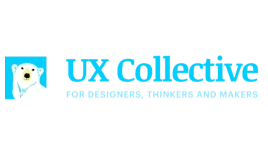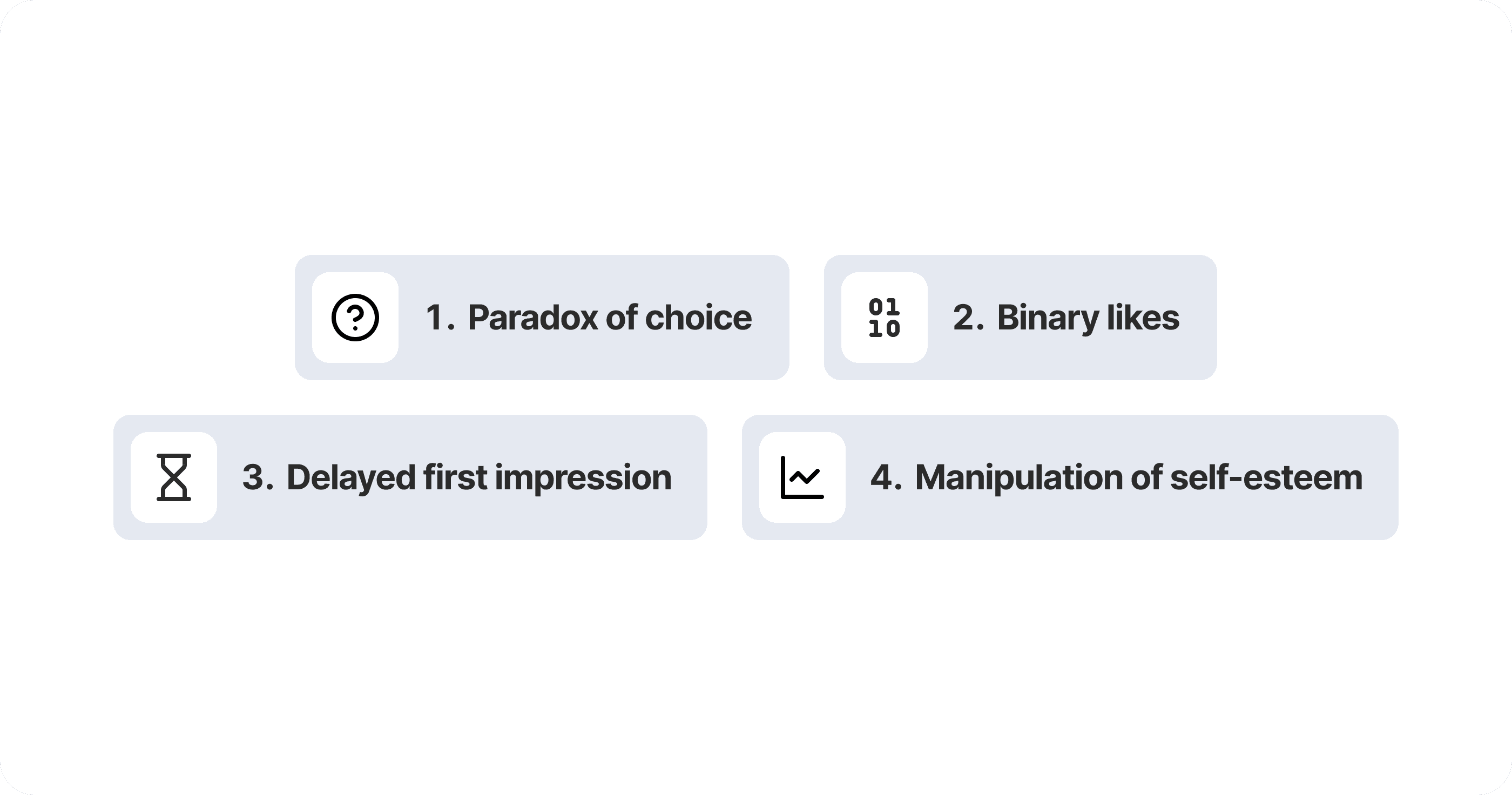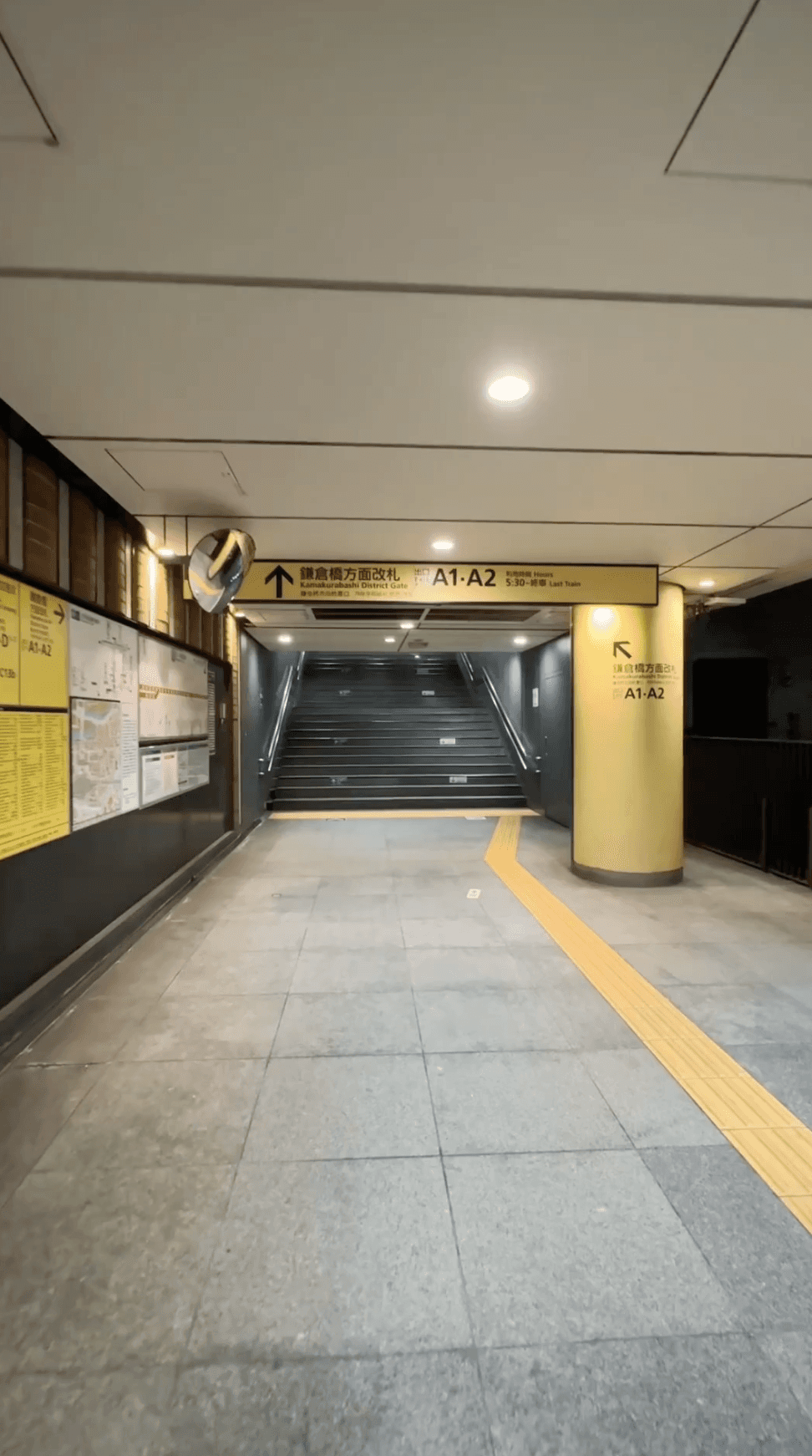28 mars 2024


What is your product saying 'No' to? What is it standing against?
We find this to be a great way to frame your value, especially if your product is in the early stages.
Examples above:
Image 1 – Pixar
Image 2 – Mymind
Image 3 – Henson shaving
This is an interesting space at the intersection of product & branding.
On the branding side:
Contrast and comparison create meaning. We find it easier to make sense of things when we know how they compare to each other. This can be more helpful than listing out your features.
On the product side:
If you want character, embrace limitations. Opinionated design is a good antidote to trying to please everyone (and actually satisfying no one).
This has the effect of increasing customers’ trust. It frames “why” you’re in business.
Let’s imagine a few examples of strategic choices:
If you’re a dating app, say no to swiping.
If you’re a suitcase company, say no to non replaceable wheels.
If you’re a social media, say no to endless feeds.
If you’re a news outlet, say no to sensationalism.
If you’re a hotel, say no to dynamic pricing.
If you’re an airline, say no to drip pricing.
If you’re a fashion brand, say no to fleeting trends.
If you’re a grocery store, say no to manipulative product placement.
If you’re Netflix, say no to ads.
For instance, at Pantry we are the design-focused alternative to consulting firms. That means we say:
NO to finance-driven business strategy
We’ve seen consultants cutting hospital staff in half without even interviewing doctors and patients. We believe your product and customers come first. Focusing on finance makes companies forget why they’re in business.NO to theory-only research
So many findings end up just being forgotten in PowerPoints. This is why we always design prototypes to show you how you could implement a strategy.NO to projects done behind closed doors
We work alongside your team to transmit knowledge more effectively. We stand against running projects in which team members pass the baton like in a relay race.NO to hourly/daily rate
This incentivizes firms to work slower and place people in your offices on a retainer. We price per project, which means you’ll never pay more than what we agreed on. (Think of riding an Uber vs. a taxi)




